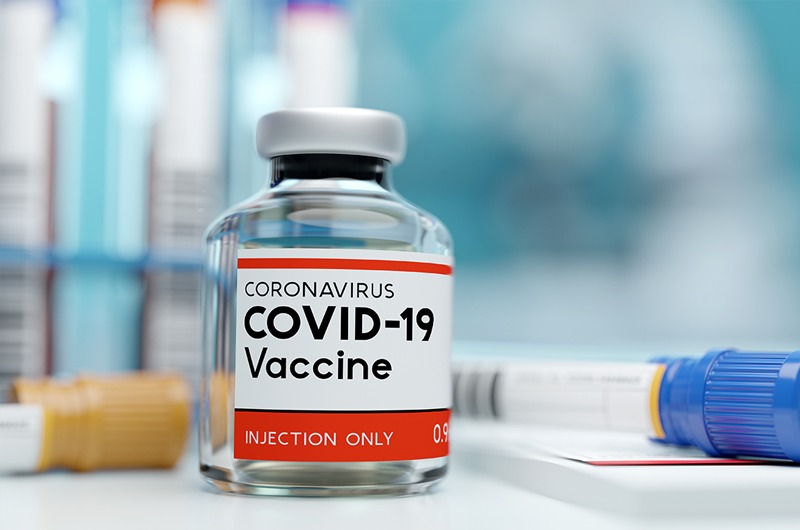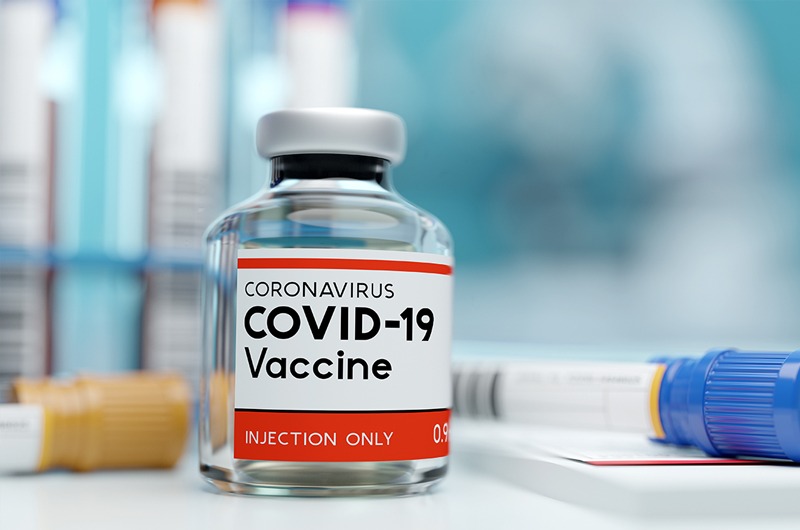The world has been trying with all its might to respond most effectively and efficiently to the current pandemic. The current scenario is not suggestive of containment of the disease, whatsoever, anywhere in the near future. WHO recently said that the pandemic is spreading like a “wildfire” and it is unlikely that the countries would be able to completely eradicate the virus, recommending extension of lockdowns in affected nations around the globe. The executive director of the WHO’s health emergencies program, Dr. Mike Ryan said that even though certain countries and islands have been successful in managing and controlling the disease, the risk of a relapse runs continually parallel to these commendable efforts. He further added, “We need to remain vigilant with our physical distancing, with our hygiene, with mask wearing in the appropriate settings.”
Actively partaking in this venture in the global as well as national interest, India has at least seven pharma companies that are actively trying to come up with an effective vaccine for Coronavirus. Addressing an email to The Hindu, Soumya Swaminathan, Chief Scientist at the World Health Organization, said,
“The scientific establishment in India has a long history of rising to national challenges and delivering the needed products. Indian manufacturers supply over half of childhood vaccines procured by UNICEF and the GAVI. I am optimistic that with the capacity available in the public and private sector in India, that one or more successful vaccines will emerge.” But she clarified that the due process of procuring a vaccine post the proper clinical trials will take around six to nine months (if all goes exactly according to plan).” Bharat Biotech has gotten the permission to conduct Phase I and II trials. These include testing of the medication on first a group of 20-80 people with no previous health conditions in Phase I, including evaluation of the best way to administer the drug and ensure safety measures and keep a record of any side-effects. Moving on to Phase II, the vaccine is tested on a larger group of around hundred and more people who are actively infected or suffering from the particular condition. These phases of the trial can take up several months as proper monitoring and investigation has to be closely executed in order to collect accurate and relevant data to support the efficacy of the drug. Finally the third and fourth phases are conducted on a much larger group, but still not the entire affected population and can last upto many months or even years before officially rolling out the FDA authorised vaccine to be used without harm globally.
In India, five pharma companies, cleared by the Drug Controller General of India for early human trials, have emerged as promising candidates for the vaccine development and testing, namely, Covaxin from Bharat Biotech and ZyCOV-D from Zydus Cadilla, . A Covid-19 vaccine that has been natively developed by Ahmedabad-based Zydus Cadila Healthcare Ltd has managed to get the assent from the Drugs Controller General of India for human clinical trials, keeping in view the urgency of the present healthcare scenario. The company first submitted the report of the vaccine’s successful effect in terms of safety and immune response in animal trials to the DCGI. Recently Indian Council of Medical Research’s (ICMR) had written a letter to the twelve principal investigators urging them to speed up the process of trial of Bharat Biotech’s COVID-19 vaccine. The letter pointed towards an expected launch of the vaccine by August 15th for the public welfare. To this the experts responded saying that the timeline was unrealistic and the same was voiced out by a group of government officials in the meeting of the Parliamentary Panel on Science and Technology headed by Congress leader Jairam Ramesh held in the Parliament House complex on Friday. The officials gave a timeline of at least 12 months, which they termed as an “optimistic estimate,” for the rolling out of the vaccine, which again had the condition of being made available first only to the most vulnerable groups.
The hospitals that have been selected and approved for clinical trials have also warned against the unrealistic deadline issued by the ICMR. Principal Scientific Advisor to the Prime Minister K. VijayRaghavan, said at a press conference held on May 28, “preclinical studies [for the vaccine] are likely to be completed by October, after which it is likely to move on to human trials.” According to the latest update, Belagavi Hospital is one amongst the approved hospitals to start the clinical trials for the vaccine. On another note, when asked whether after the two phases are successfully completed can the third phase be skipped for the urgent availability of the Covid-19 vaccine, Dr. Swaminathan responded, “any vaccine must demonstrate efficacy and safety in a sizable number of participants. The WHO has published target product profiles for a COVID vaccine [and] immunogenicity data alone would be insufficient for a vaccine use policy. It is possible to have protocols which flow seamlessly from Phase-2 to Phase-3 based on interim analysis of data.”
Where on the one hand the word is grappling with not only the catastrophic health implications of the virus but also fighting tooth and nail to acclimatise and navigate through the debilitating economic and psychological repercussions, the constant challenge that stares in the face of the state players is the development of an effective vaccine against Covid-19. But the affairs are turning sad as development of this vaccine has resulted in aggressive “vaccine nationalism” that has made this endeavour akin to an arms race between various nations in the world. Analysts at Eurasia Group said that “countries rich and poor will engage in aggressive procurement efforts with significant political, economic and public health implications.”
Expressing concern over this tension in the midst of such a cataclysmic global health disaster, John Rountree, managing partner at Novasecta, told CNBC that “we’re a long way” from developing an effective vaccine. This leaves the world fending for itself and practicing rigorously and diligently the guidelines issued by the WHO and local health authorities in various countries. The battle is long and the road to a final solution is not only long but shadowy, requiring us to navigate through with responsibility, caution and cooperation










